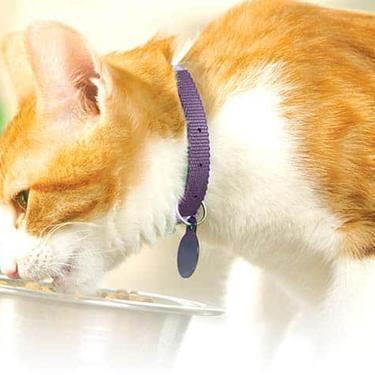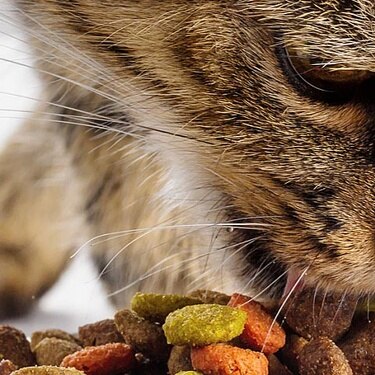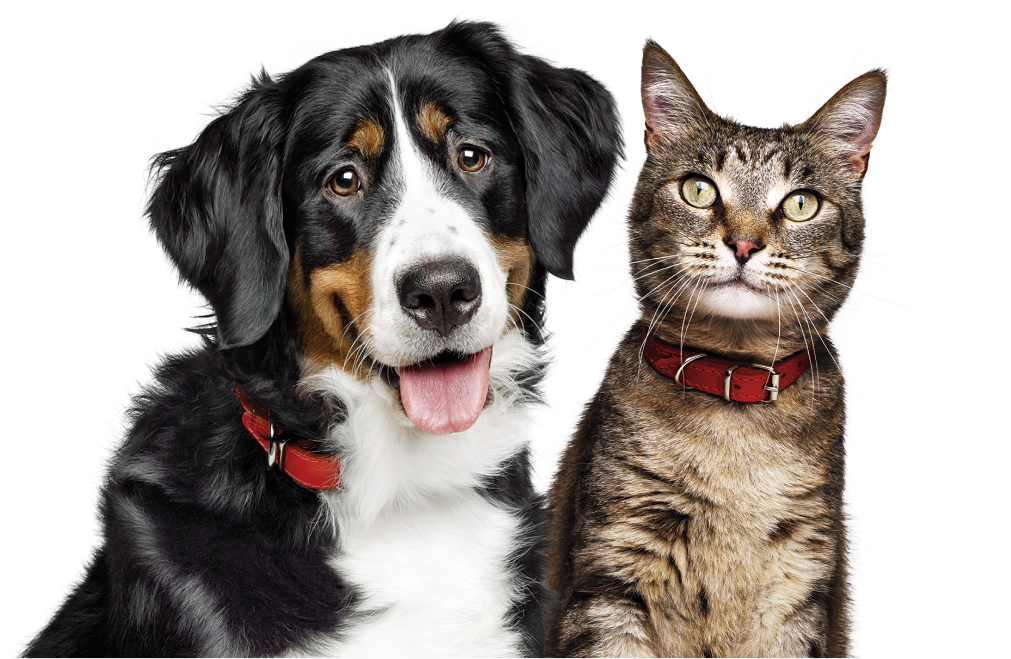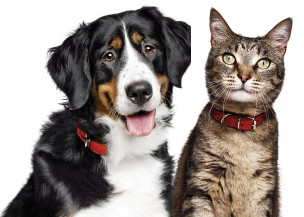About
The head of the Havana brown is a triangle, but has a unique look because the chin is well developed and rather square. This look gives a corn cob appearance to the muzzle. The ears and eyes of the Havana are medium in size, and the eyes are a clear, bright green.The coat of the Havana is short to medium in length, and is smooth and glossy. The coat colour is a rich deep brown with mahogany undertones that is unique to this breed.|
Personality
The Havana brown is a playful cat but is often content just playing with a favourite toy. They will also play with their parent, but can, at times, be a bit of a loner. This breed tends to get very close to one person and attaches to that person for life.
What to Expect
The Havana brown must have their nutrition controlled to make certain that they do not become overweight. They are slender and muscled and should be kept in that condition.
History
The Havana brown has a somewhat clouded history. Some cat historians believe that this beautiful breed happened through an accidental breeding, while others believe that the breeding was deliberate. In either case, in 1952 in England, a chocolate kitten was born. This kitten was named Elmtower Bronze Idol and is considered to be the first Havana brown kitten. The following year, there were four Havana brown males. They are the foundation of the Havana brown breed.The Havana brown was named for the deep, rich brown colour of the Havana cigar. This made for some confusion at the inception of the breed, as many people thought that this meant the breed originated in Cuba instead of England. A name change to the "chestnut brown" was attempted at one point, but this did not stick, and the name of the breed reverted to the original Havana brown.The Havana brown is known as the Havana in Europe and in one cat registry in the United States. The European use of Havana is historical, while the American change reflects that the breed comes in a colour other than its traditional deep brown.The Havana is a very rare breed. If a list of endangered cat breeds existed, the Havana brown would probably top the list. Currently, attempts are being made to save this breed from extinction. To that end, the cat registries may have to reopen the breed. That means they may change the registration rules to permit outcrossing of existing Havana browns to another breed. So if you see a Havana brown, understand that the cat registered this way may well have another breed in the pedigree. That can mean subtle but important changes in personality and habits, as well as in appearance.
Adopt a pet. Change a life.
Are you prepared to adopt a pet? Use these tools to make sure you are ready for the commitment.
Adopt a pet. Change a life.
Are you prepared to adopt a pet? Use these tools to make sure you are ready for the commitment.




















